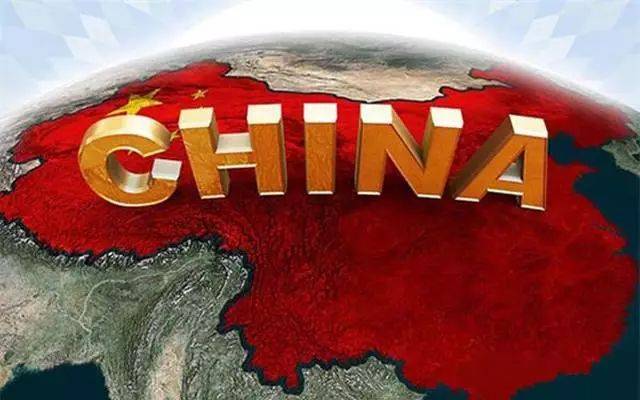Aflatoxin adsorbent exported from China
Time:2023-09-01Aflatoxin adsorbents are primarily used in the agricultural and food industries to mitigate the harmful effects of aflatoxins in crops and animal feeds.While aflatoxin adsorbents can be exported to various countries, China, being one of the world's largest agricultural producers and consumers, is a significant market for these products.
China has a vast and diverse agricultural sector, producing a wide range of crops, including maize, peanuts, rice, and more.Aflatoxin contamination can be a concern in these crops, making aflatoxin adsorbents essential for food safety.
China has a substantial livestock and poultry industry, which relies heavily on animal feed.Aflatoxin contamination in feed can negatively impact animal health and productivity, making aflatoxin adsorbents crucial for the feed industry.
China has been implementing increasingly stringent food safety regulations to protect consumers from harmful contaminants like aflatoxins.As a result, the demand for aflatoxin adsorbents to meet regulatory requirements has increased.
China is a significant exporter of agricultural and food products, and ensuring the safety of these exports is critical to maintaining international trade relationships.Aflatoxin adsorbents help in achieving compliance with international food safety standards.
There is a growing awareness among Chinese consumers about food safety and the potential health risks associated with aflatoxin-contaminated food.This has led to increased demand for safe and aflatoxin-free products, driving the use of adsorbents in food processing.
China's growing demand for meat and poultry products necessitates the use of safe animal feeds.Aflatoxin adsorbents are used in feed formulations to reduce aflatoxin levels in feed, ensuring the safety of livestock and poultry products.
Aflatoxin adsorbents can be exported to China by manufacturers, distributors, or suppliers specializing in food safety solutions.These products are typically used in food processing plants, feed mills, and agricultural operations to reduce aflatoxin contamination in crops, animal feeds, and finished food products.It's important for exporters to comply with Chinese regulatory requirements and work closely with local partners to access this important market.



 CN
CN





